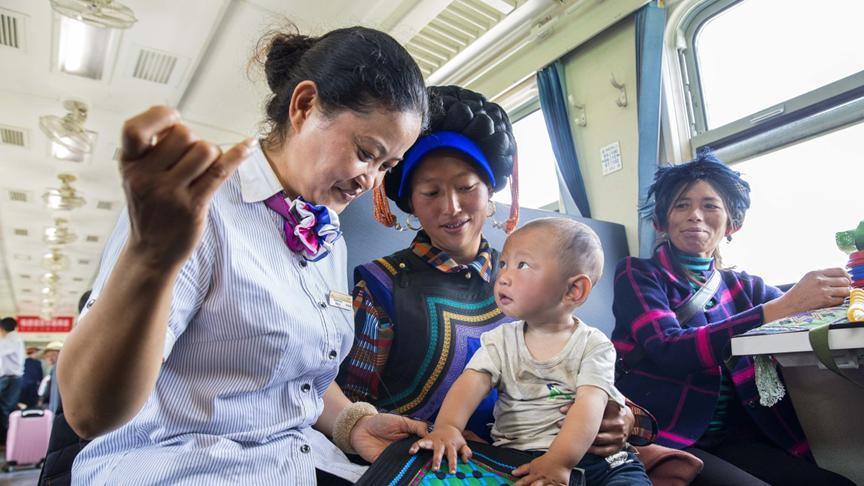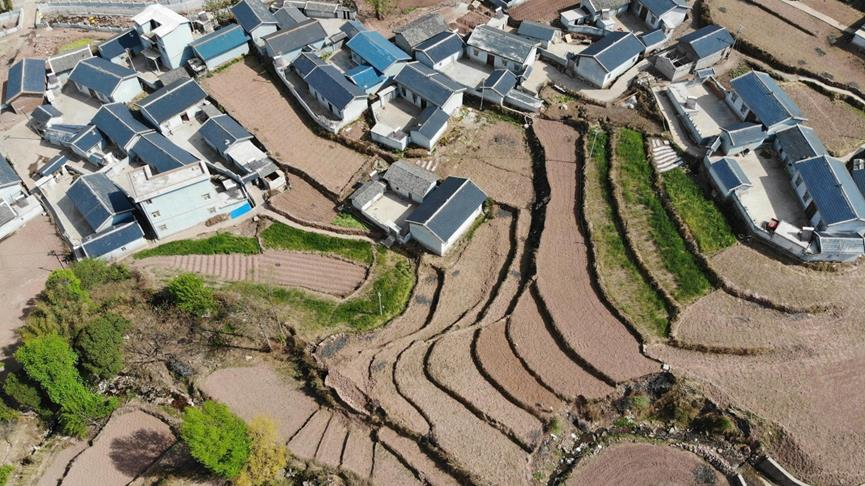
Business
13:23, 15-Oct-2018
China's targeted poverty alleviation: Coordination and evaluation play a key role
Updated
13:13, 18-Oct-2018
By CGTN's Yang Yutong
01:03

Fruitful results have been seen since Chinese President Xi Jinping first proposed the concept of targeted poverty alleviation in 2013.
Primary responsibilities are under the administrative direction of the CPC (Communist Party of China) party secretaries at five levels, namely, the provincial, municipal, county, township and village levels. They all need to perform their own functions and pass down the baton of poverty alleviation one level after another in a coordinated effort to reduce poverty across China.
Party leaders in the upper levels are mainly in charge of management and strategy, providing and arranging resources, and passing down policies to lower levels.
Meanwhile, cadres at the grassroots level play a leading role in poverty alleviation by conducting poverty identification and assessment and providing customized, concrete assistance for poverty-stricken residents.

After three years of reconstruction, a poverty-stricken village in Liangshan Yi Autonomous Prefecture, Sichuan Province, has taken on a new look. / VCG Photo
After three years of reconstruction, a poverty-stricken village in Liangshan Yi Autonomous Prefecture, Sichuan Province, has taken on a new look. / VCG Photo
To improve the supervisory mechanism to make sure that the work of poverty alleviation is well practiced, a "third-party evaluation" system has been introduced to assess the implementation activities of local government.
Through sending independent evaluation teams down to individual households at the village level and conducting surveys and assessing the specific conditions of every household, an accurate picture of poverty alleviation can be obtained.
Yang Han, for example, a student member of a third-party evaluation team in a remote area of Sichuan Province, was responsible for investigating all the details of the lives of household residents, considering all special conditions and making a preliminary judgment.
For her, working at the grassroots level offered a window to learn more about a society that she barely had a chance to know about in school, and it also strengthened her understanding of China's national priority to alleviate poverty.

SITEMAP
Copyright © 2018 CGTN. Beijing ICP prepared NO.16065310-3
Copyright © 2018 CGTN. Beijing ICP prepared NO.16065310-3